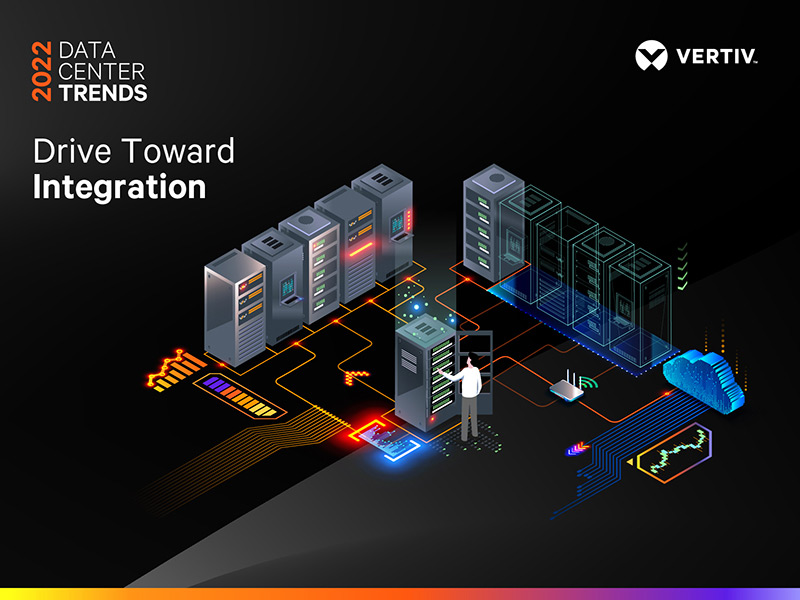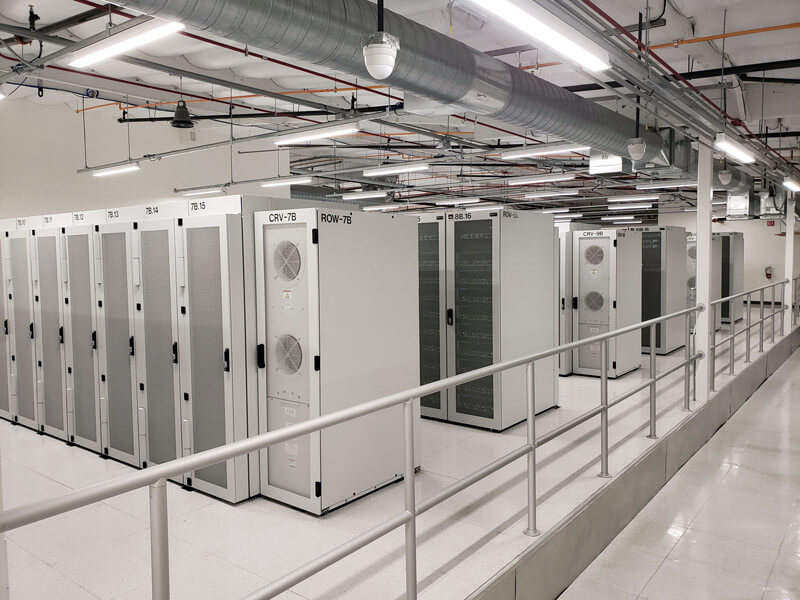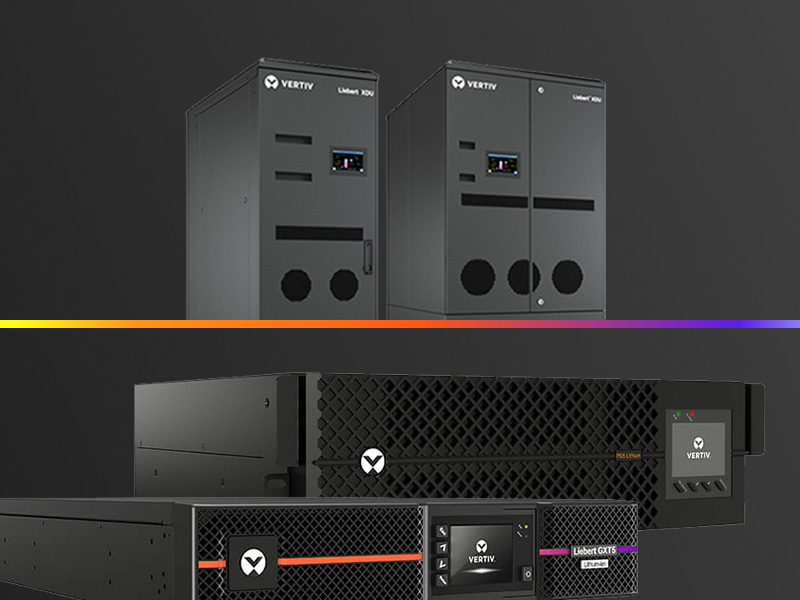The past two years have seen accelerated digital growth across industries, and we’ve seen marked changes in every facet of our lives. Services and practices that were once rare – like telehealth appointments and remote learning – have now become commonplace. At the same time, artificial intelligence (AI) adoption is on the rise.
All of these changes are adding to the complexity of networks, leading to a demand for more real-time computing and decision-making. Advancements like augmented reality and 5G are only compounding the digital demand.
So, what does this digital growth have to do with data centers? Increased computing leads to higher high densities, which inevitably will require infrastructure changes to cool critical systems.
When rack densities increase and air cooling systems just won’t cut it, liquid cooling can be the best option. Liquid cooling – using higher thermal transfer properties of water or other fluids to support efficient and cost-effective cooling of high-density racks – has advanced in recent years, with several products already on the market to help meet demand.
If your organization is considering a move to a liquid cooling system to help support your high-performance computing-related infrastructure, here are the six benefits you should consider:
• Efficiency: It all comes down to science. From the Vertiv white paper on liquid cooling, “The higher thermal transfer properties of liquid compared to air, combined with the elimination of fans required to move air across the data center and through servers, can create significant energy savings in liquid-cooled data centers. The pumps required for liquid cooling consume less power than the fans needed to accomplish the same cooling.”
• Reliability: For some extremely high-density racks, air cooling simply isn’t an option. When air cooling can’t maintain reliability in these scenarios, liquid cooling can. The various types of liquid cooling – including immersion cooling – can effectively and reliably remove heat, depending on the needs of your data center.
• Improved Performance: As processor case temperatures approach the maximum safe operating temperature, as is likely to occur with air cooling, processor performance is throttled back to avoid thermal runaway. Liquid cooling also allows systems to operate continuously without overheating.
• Reduce Energy Consumption: According to the Vertiv liquid cooling white paper, Liquid cooling creates opportunities to reduce data center energy consumption, while driving power usage effectiveness (PUE) down to near 1.0. It also provides a more effective approach for repurposing captured heat to reduce the demand on building heating systems. The liquid-to-liquid heat transfer is more efficient than is possible with air-based systems, with return-water temperatures of more than 140 degrees Fahrenheit (60 degrees Celsius).
• Maximize Existing Space: When space is at a premium and new construction would be costly, the density enabled by liquid cooling can allow you to better use your existing data center space. Liquid cooling also can be ideal at the edge, where physical space is more limited.
• Lower Total Cost of Ownership (TCO): Although a number of factors can impact TCO, an ASHRAE analysis of air-cooled data centers versus a hybrid (air- and liquid-cooled data centers) model found that, “liquid cooling creates the possibility for improved TCO through higher density, increased use of free cooling, improved performance and improved performance per watt.”
If you are facing the challenge of increasing rack densities, it may be time to consider using liquid cooling to help meet your energy and efficiency goals. To learn more, read our white paper, Understanding Data Center Liquid Cooling Options and Infrastructure Requirements.
Are you already using a water cooling system or liquid cooling for data centers? If not, how might your organization benefit?
Tune in on May 6 for our DCD webcast on liquid cooling.











